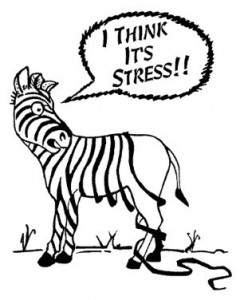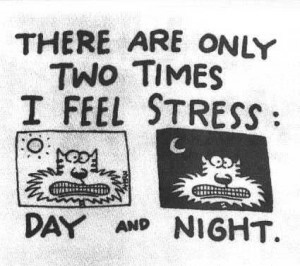 Our support system, safety net, those around us that are there for us no matter what is an important part of being able to handle those stressful moments in our life. However they do not just show up when we need them, we must develop them long before we need to rely on them for support. Stephen Covey and his son Sean who wrote the books on habits of successful people and teens, both talk about building relationships. Building relationships is our safety net. It is those people that will be there for us when times are tough. Here are a couple of simple points about building that support system:
Our support system, safety net, those around us that are there for us no matter what is an important part of being able to handle those stressful moments in our life. However they do not just show up when we need them, we must develop them long before we need to rely on them for support. Stephen Covey and his son Sean who wrote the books on habits of successful people and teens, both talk about building relationships. Building relationships is our safety net. It is those people that will be there for us when times are tough. Here are a couple of simple points about building that support system:
1. Spend time together – your experiences will bring you closer
2. Be honest / being trustworthy raises the quality of your friendships
3. Be loyal / take an interest in things that are important to others
4. Be a good listener / Don’t be bossy or pressure others
5. Be willing to apologize and not always the center of all attention
6. Be clear about your expectations and offer to be there for others
Identify those in your life that you feel like you would count on and be willing to talk to them honestly. If you are not sure who they might be, or you do not believe you have someone in your life that fits that description, pick one important relationship in your life and work on building it into one that you are confident you can rely on. If we have damaged those relationships in the past, it may take some time to rebuild them, but little by little we can do so.



